Exploring the Impact of Nanobubbles Foliar Spray in Agriculture
AGRICULTURE
nanobubblenews.com
11/9/20241 min read


Introduction to Nanobubbles Technology
In the realm of modern agriculture, the quest for methods to enhance crop yields while minimizing resource expenditure is ever-pressing. One innovative approach is the use of nanobubbles foliar spray. This technology harnesses microscopic bubbles, providing a variety of benefits, including increased disease resistance and reduced irrigation needs. This article delves into the application of nanobubbles in agriculture and its potential to revolutionize farming practices.
Boosting Crop Yields with Nanobubbles Foliar Spray
The application of nanobubbles foliar spray is proving to be a game-changer for farmers aiming to boost crop yields. By enhancing nutrient absorption, these sprays allow for more efficient use of fertilizers. As the nanobubbles facilitate the transportation of essential nutrients through plant membranes, crops exhibit improved growth rates and yields. Furthermore, the use of nanobubbles can reduce the volume of chemical fertilizers required, leading to a more sustainable farming approach.
Enhancing Disease Resistance and Reducing Irrigation Needs
In addition to improving yield, nanobubbles foliar spray plays a crucial role in enhancing disease resistance among crops. The application of this technology helps fortify plants against various pathogens, thereby reducing the incidence of plant diseases. Furthermore, these foliar sprays contribute significantly to moisture retention, helping to reduce irrigation needs in water-scarce regions. This dual benefit addresses two major constraints in agriculture: crop resilience and resource conservation.
Conclusion: The Future of Agriculture with Nanobubbles
The potential of nanobubbles foliar spray in agriculture cannot be overstated. Through effective nutrient delivery, enhanced disease resistance, and reduced irrigation requirements, this technology positions itself as a vital tool in modern farming. As we move towards a future marked by climate change and dwindling resources, embracing nanobubbles may provide the solutions necessary to achieve sustainable agricultural practices and ensure food security for the growing global population.
Shenton Way, Singapore
Nanobubble topic
Advertiser link
ufb@c2csingapore.com
+65-9127-5988
© 2024. Nanobubble News International All rights reserved.
NANOBUBBLE APPLICATION
Latest Industrial News
Agriculture
Horticulture
Aquaculture
Industrial Cleaning
Drinking Water
Wastewater Treatment
Lake & Pond
Swimming Pool
Food & Beverage
Disinfection
Oil & Gas
Mining
Machining
Concrete & Construction
Personal & Home Care
Singapore Event
Nanobubble & PFAS
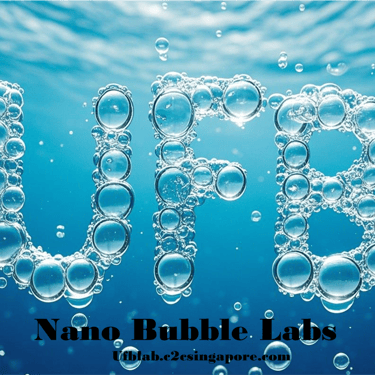
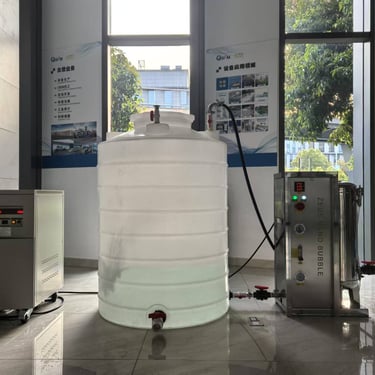
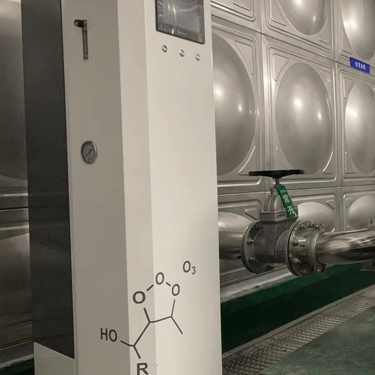
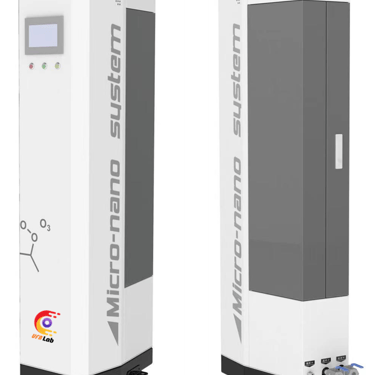

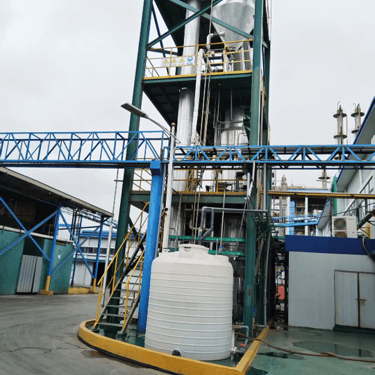
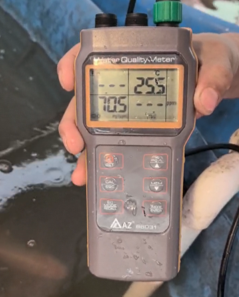
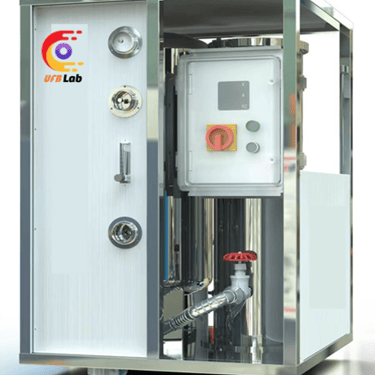
China Event
Vietnam Aqua Exhibit
Chile Aqua Exhibit
Chile Aqua Exhibit
C2C Technology

